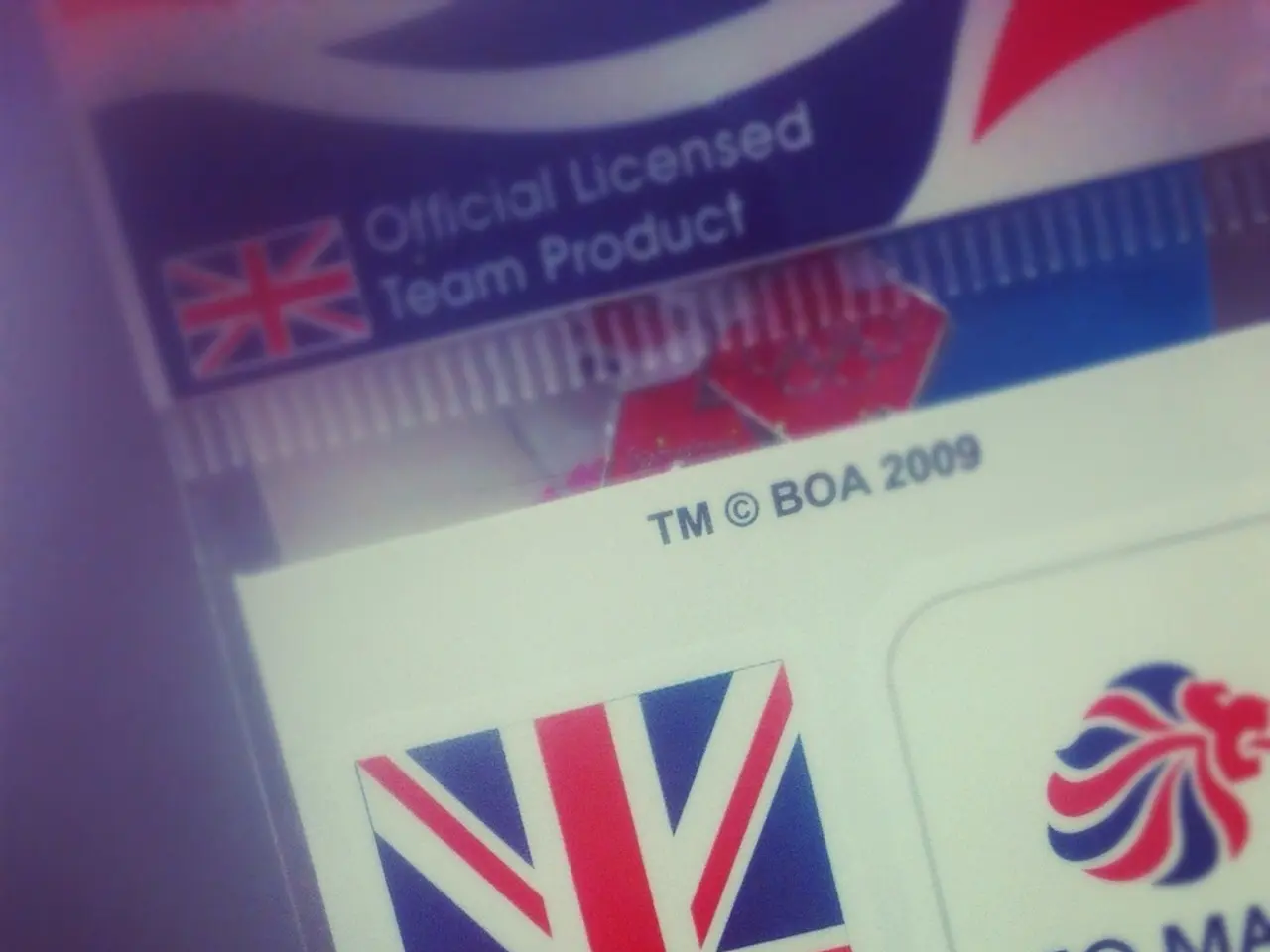CFPB Tightens Late Fees: New Rules for U.S. Credit Card Issuers
The Consumer Financial Protection Bureau (CFPB) has published a final rule on March 5, 2024, amending Regulation Z's late fee provisions. This change primarily impacts U.S. credit card issuers, altering how they charge late fees to consumers. The new rule will come into effect 60 days after publication in the Federal Register, with no mandatory compliance date.
The final rule increases the safe harbor amounts for penalty fees, including returned payment fees, to $32 for the first violation and $43 for subsequent ones. However, these new limits only apply to 'Larger Card Issuers', defined as those with one million or more open credit card accounts. For late fees specifically, the safe harbor limit is reduced to a flat $8 per violation, with no annual adjustment for inflation. This reduction does not affect other penalty fees.
The CFPB believes that fees should be reflected in higher Annual Percentage Rates (APRs), which could lead to increased costs for all cardholders and regulatory compliance burdens. The final rule may also have unexpected consequences for bank partnership credit card programs, potentially increasing costs for fintech partners. Notably, the rule does not impose further conditions on the assessment of late fees, such as requiring a 15-day courtesy period or an autopay option.
The CFPB's final rule, published on March 5, 2024, revises late fee provisions for U.S. credit card issuers. It introduces new safe harbor limits for penalty fees and reduces the limit for late fees specifically. The rule may have implications for cardholders, fintech partners, and issuers' costs and compliance burdens. It will take effect 60 days after publication in the Federal Register.
Read also:
- Kazakhstan's National Bank Boosts Currency Sales to $1.4 Trillion in Q4
- Federal petition from CEI seeking federal intervention against state climate disclosure laws, alleging these laws negatively impact interstate commerce and surpass constitutional boundaries.
- Duty on cotton imported into India remains unchanged, as U.S. tariffs escalate to their most severe levels yet
- Steak 'n Shake CEO's supposed poor leadership criticism sparks retaliation from Cracker Barrel, accusing him of self-interest




